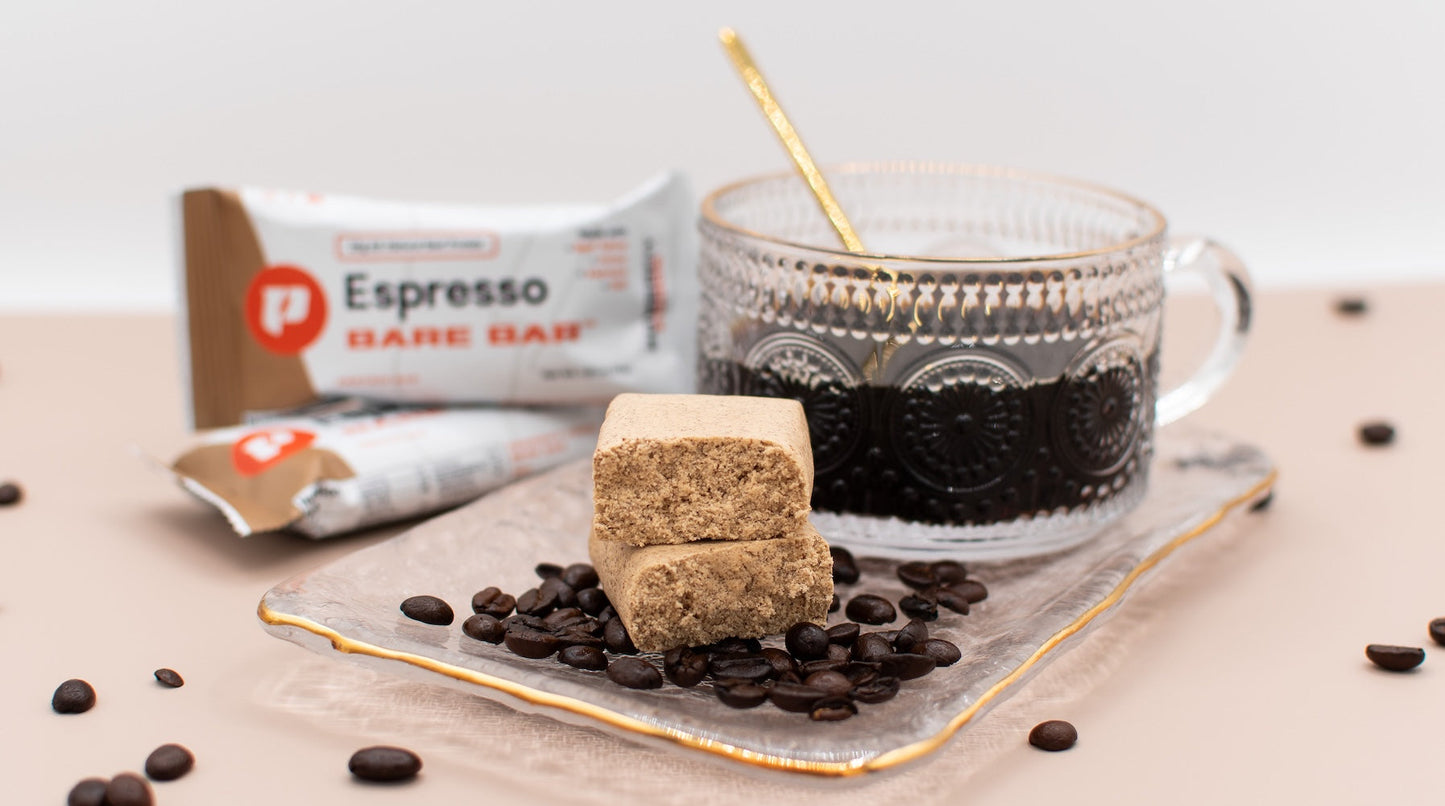Debunking Dietary Myths: What You Really Need to Know About Protein and Fats
In today’s health-conscious world, everyone is talking about nutrition—from social media to magazine articles and podcasts. However, many myths persist—especially those surrounding protein and fats. These misconceptions can lead to confusion, poor dietary choices, and even hinder your health and performance goals.
At PowerFit Foods, we believe that understanding the truth behind nutrition is essential for making informed decisions. That’s why we’re here to debunk some of the most common myths about protein and dietary fats, backed by evidence-based insights, so you can focus on what truly works for your body.
Myth 1: Eating Too Much Protein Damages Your Kidneys
The misconception: Many think that consuming high amounts of protein causes kidney damage, especially in healthy individuals.
The reality: For people with healthy kidneys, a high-protein diet is generally safe and can support muscle growth, recovery, and metabolic health. Multiple studies have shown that increased protein intake does not harm healthy kidney function. In fact, adequate protein consumption is vital for athletes, those building muscle, or anyone engaging in regular physical activity.
Pro tip: When looking for high-quality protein sources, consider convenient options like our Bare Bar. It delivers essential amino acids naturally found in animal products, supporting your fitness and recovery.
Myth 2: Dietary Fats Are Unhealthy and Lead to Heart Disease
The misconception: Fats have long been demonized, with the belief that eating fats, especially saturated fats, raises cholesterol and increases the risk of heart disease.
The reality: Not all fats are created equal. Naturally occurring fats—such as those from eggs, meats, and saturated fats from healthy animal products—can actually be beneficial. They support hormone production, brain health, and cellular function. It’s trans fats and excessive processed vegetable oils that are problematic. Furthermore, recent research suggests that focusing solely on cholesterol intake doesn’t provide the full picture of heart health; instead, overall diet quality and nutrient balance matter more.
Pro tip: Satisfy your sweet tooth and nourish your body with healthy fats from products like our PocketPucks Tallow Base Chocolate. Rich in animal fats, it provides a wholesome source of energy and supporting nutrients to aid recovery.
Myth 3: You Should Avoid All Fats to Lose Weight
The misconception: Many believe that consuming fats will automatically lead to weight gain and should be avoided entirely.
The reality: Healthy fats are essential for numerous bodily functions, including hormone regulation, brain function, and cell repair. When part of a balanced diet, fats can promote satiety (helping manage appetite), stabilize blood sugar, and improve overall energy levels. The key is moderation and choosing the right types of fats.
Pro tip: PowerFit’s PocketPucks are an excellent way to energize before workouts or during busy days—delivering quick, concentrated nutrition, including healthy fats and amino acids, without excess calories or unhealthy additives.
Myth 4: Protein from Supplements Is Inferior to Whole Foods
The misconception: Some believe that protein supplements are less healthy or less effective than obtaining protein from whole foods.
The reality: While whole foods are preferable for their broad nutrient profiles, supplements can be an effective and convenient way to meet your specific protein needs—especially around workouts or during busy schedules. Products like our Bare Bar are crafted from high-quality animal proteins, providing complete amino acid profiles that support muscle repair and recovery.
Pro tip: Use these convenient options as a complement to your diet, not a replacement. Variety and balance are key.
Myth 5: Low-Fat or No-Fat Diets Are Best for Weight Loss
The misconception: Many think that cutting out fats entirely is the fastest route to losing weight.
The reality: Completely eliminating fats isn’t necessary—and isn’t sustainable. Instead, focusing on nutrient-dense, healthy fats can actually support fat loss by improving satiety and stabilizing blood sugar, preventing overeating. Plus, fats are vital for hormone production, including testosterone and other growth-related hormones, which are essential for maintaining muscle mass during fat loss.
Pro tip: Incorporate wholesome, animal-based fats regularly, like those found in our PocketPucks, to keep your diet balanced and satisfying.
Wrapping Up: Choose Whole Foods and Evidence-Based Nutrition
The key takeaway from all these myths? Don’t let misconceptions steer your dietary decisions.

